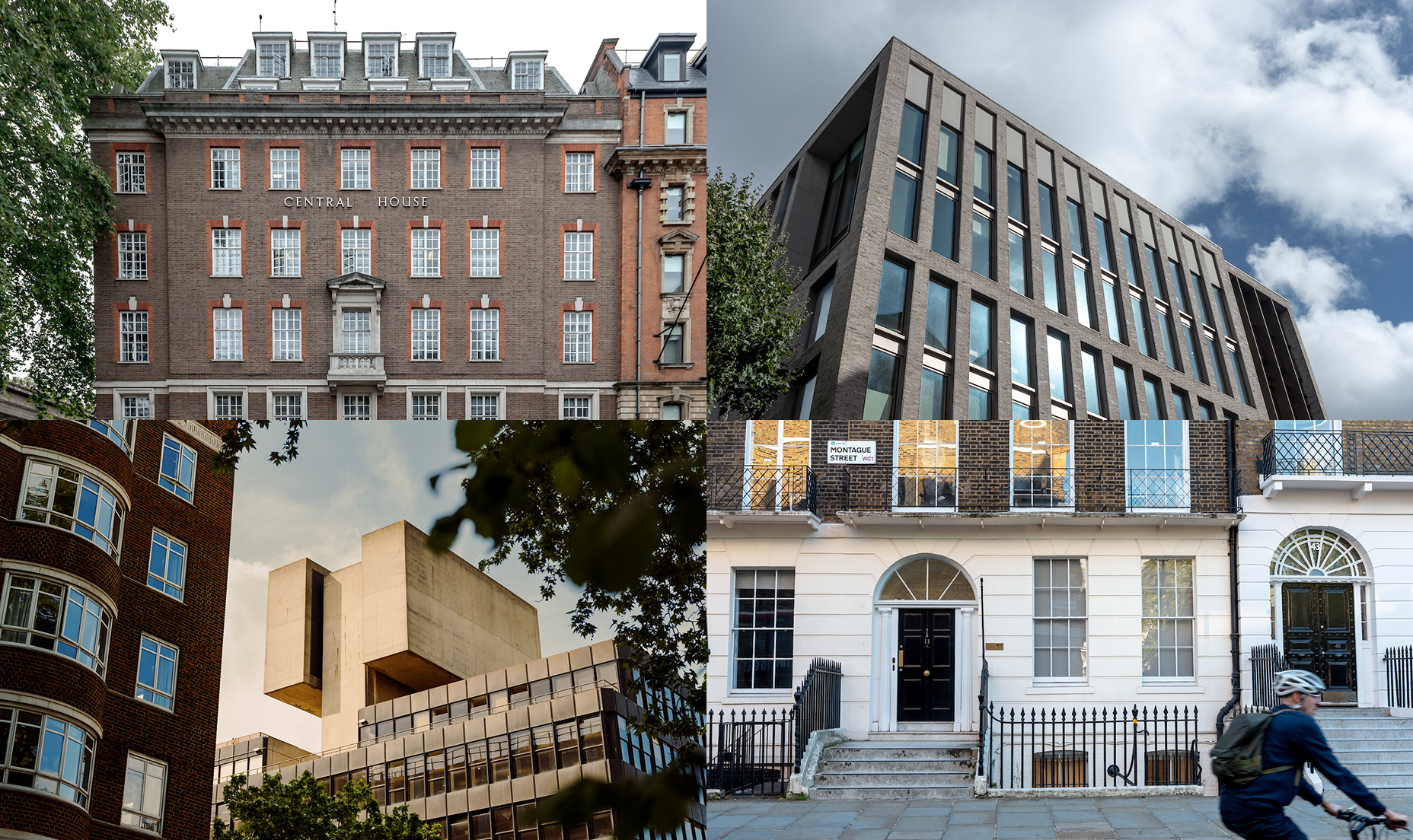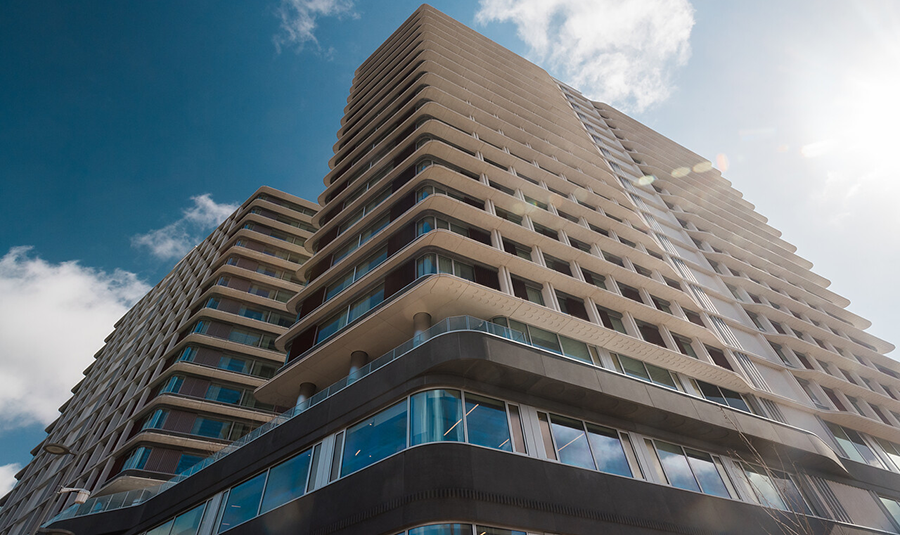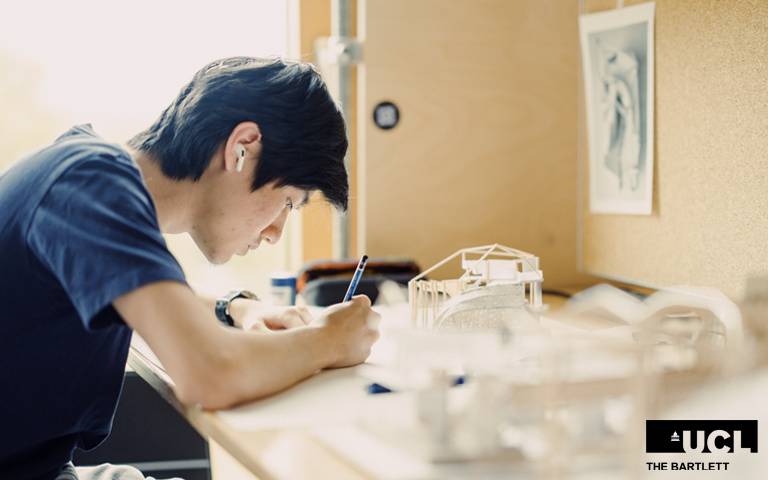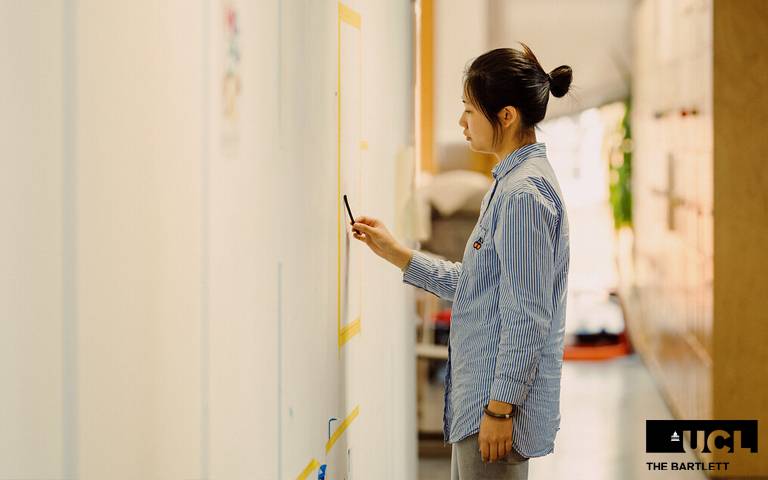About
Our commitment to do more
We want to make the world, and our faculty, a better, fairer place.
The Bartlett has pledged to become a net-zero faculty by 2030. This promise sits alongside our commitment to advancing climate action through our teaching and research.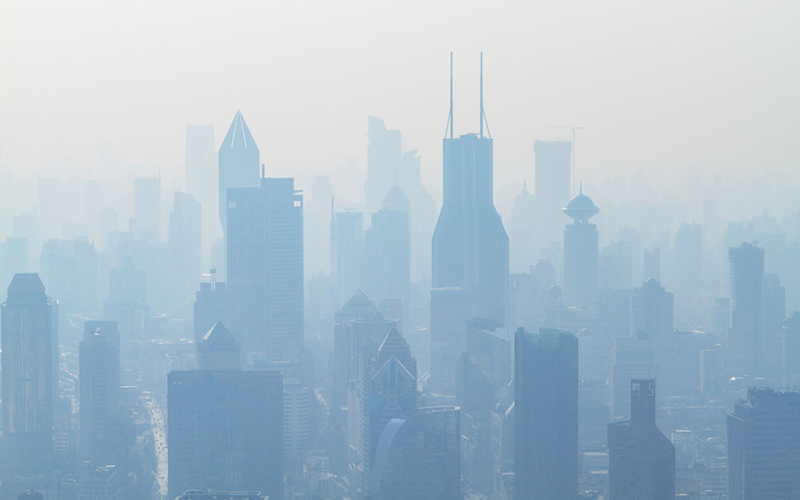
Bartlett Net Zero 2030
We are committed to building a better, fairer faculty, from which no one is excluded unjustly. Find out more in our hub of resources relating to EDI at The Bartlett.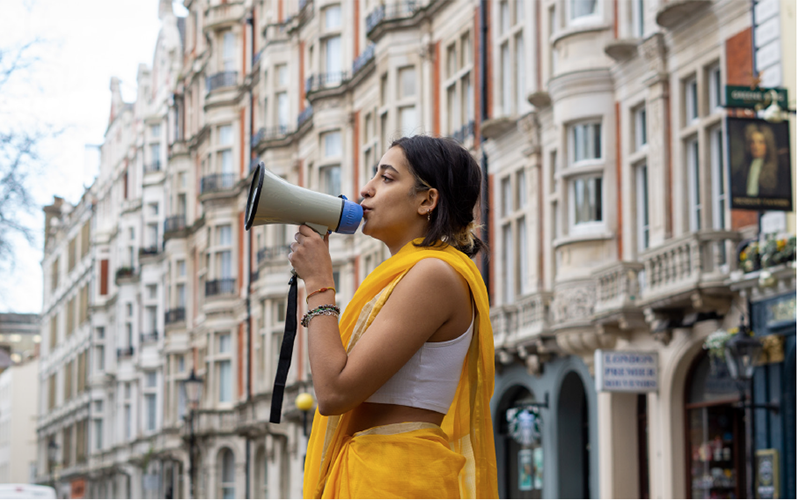
Equality, Diversity and Inclusion
Contact
Find us
Bartlett Faculty Office
169 Euston Road
London
NW1 2AE
Learn more about the location of our campuses, schools and institutes
Admissions
Undergraduate admissions enquiries
Contact details for those with questions around applying to an undergraduate programme at UCL
Postgraduate admissions enquiries
Have a question for the UCL graduate admissions teams? Find out how to get in touch
Media
UCL Media Relations
UCL Media Relations team connects the global media to UCL teaching, research and news.
Find an Expert
Our database lists UCL academics who may be contacted by the media in relation to their area of research and expertise.
Faculty
Faculty people
Meet our faculty leadership team, and find contact details for faculty office staff
Our schools and institutes
Learn more about our 13 schools and institutes
Learn more
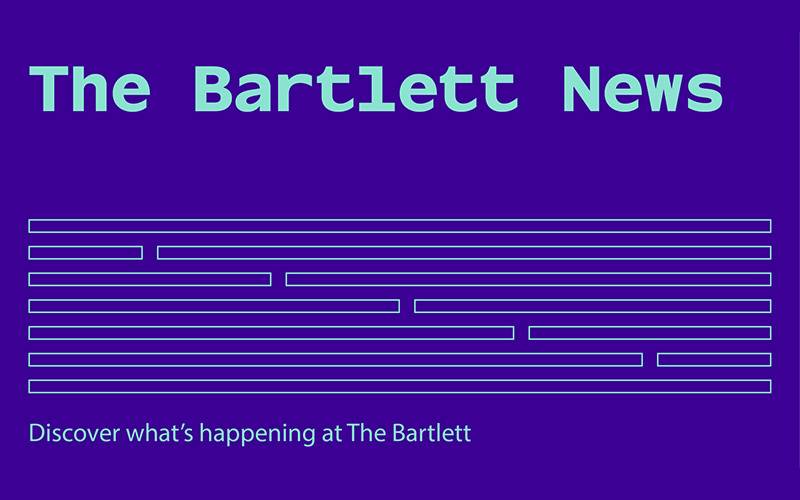
The Bartlett News
Sign up for The Bartlett News to discover the latest news, media, events, publications and more happening at The Bartlett.
 Close
Close


